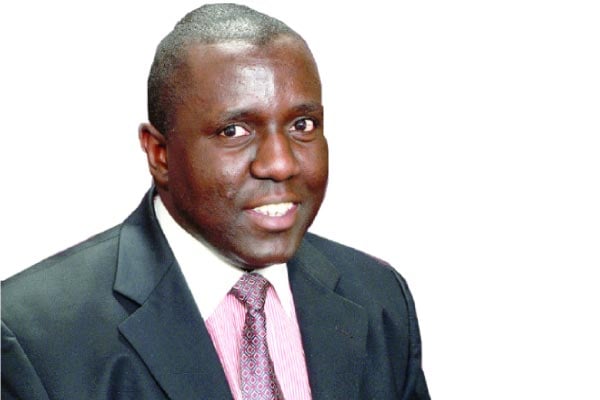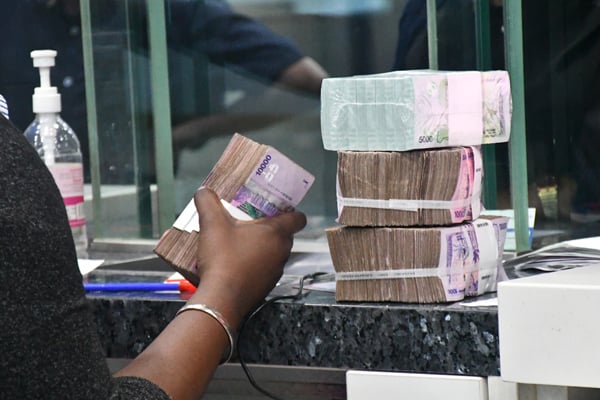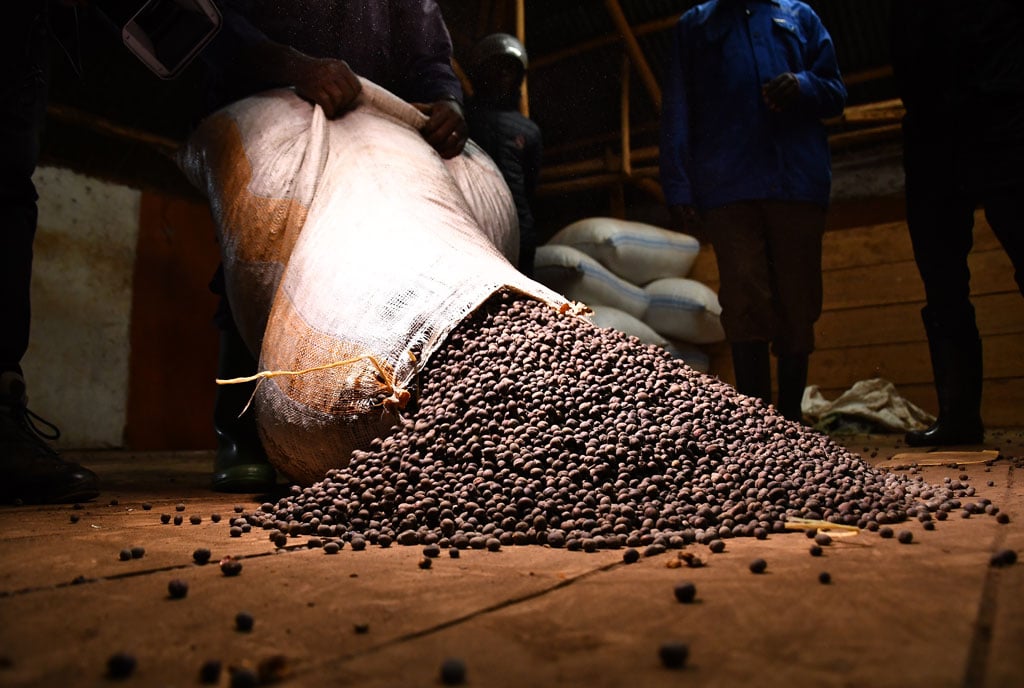
Author: Karoli Ssemogerere. PHOTO/FILE
The economy doesn’t lie, they say. In a twist, social media is awash with videos of a surge in violent crime. A young energetic employee trying to turn on his employer’s clients after he received a payment of just $2,000 equivalent.
An Indian boda boda rider being fleeced by not one but six boda boda riders. One even wonders how these guys share the loot. Petty theft of cell phones, money belongings, and random break-ins.
Farmers are always singing the same refrain helpless against thieves who wreck their gardens, stealing green coffee, etc.
Beneath this is a heightened sense of insecurity. The rise in the consumption of illicit drugs, especially narcotics. But also cheap alcohol is testing society’s fabric.
In the 1980s, structural adjustments were blamed for a collapse in the society’s institutions, and the “social state” disappeared. School dropouts increased. Education was no longer the meal ticket to the transformation of livelihoods.
The finance chiefs of the economy are also complaining of a challenging economic environment. “Bank sale” is a keyword. But also, the steady emigration of professionals, entire families, and heads of household is a growing segment in departures at our international airport and other avenues of exit.
Existing enterprises are holding onto their perky pocket-conscious customers. One of the mainstays of Kampala’s downtown Aristoc booklex notably closed a location at Acacia Mall.
So did a big gourmet restaurant, Caramel leaving a once-promising mall in Entebbe, Imperial Mall almost empty. One of the tools employers are starting to use is to renegotiate with workers their paychecks or otherwise face automatic redundancy.
On May 17, Moody’s, a global economic ratings firm, downgraded Uganda’s rating to B3 from B2. Moody’s further changed Uganda’s outlook from stable to negative. Higher debt repayments, now up to Shs17 trillion proposed in the 2024/2025 budget. A drying up of concessional lending has crowded up the domestic debt market. Uganda’s approach to the challenging fiscal environment, fiscal consolidation, i.e. centralising all revenue collection.
The downside of fiscal consolidation is the shrinking government footprint in the economy. In short, the full weight of rising domestic arrears, falling remittances to devolved local government units, and fewer services is bruising whatever remains on the safety net.
Labour and Social Affairs Minister Betty Among is proposing Shs60 million monthly payments to traditional leaders, maybe to ease some of these pressures, but these handouts cannot replace falling school enrollment, dry medical stores, or even massage Uganda’s fragile road network that is feeling the brunt of heavy rains.
The political risk is notable for those who care to see.
Recently, Parliament shot down the biggest reform item of the 2021-2025 Parliament, the rationalisation bill that promised some savings [small indeed]. The anger that followed in other countries causes a cabinet reshuffle or in a parliamentary system a confidence motion. Nothing of the sort. Long-awaited constitutional reforms are also on hold, victims again of the fear of parliamentary wrath or “stock-taking” as some newspapers reported.
And this is not to say, people in government have given up. Uganda and Kenya announced plans to extend the stalled Standard Gauge Railway, mainly the Uganda Railway.
Uganda and Kenya found common solace after Tanzania recently launched test runs of its cross-country electric train. The SGR Electric Train promises to cut train travel time from Dar es Salaam to Morogoro, a 300 km journey from five hours to just two hours. In flush economic times, Tanzania is proposing to connect the entire country using electric trains at a cost of $3 billion.
Sounding conservative as they usually do, the Tanzanians say the SGR train has been “delayed” since 2017.
Locomotives were purchased from South Korea in 2021! Uganda’s 965 km SGR has been in PowerPoint form since 2010! In fact the China railway companies turned to roads forgetting the railways.
Karoli Ssemogerere is an attorney at law and an advocate





